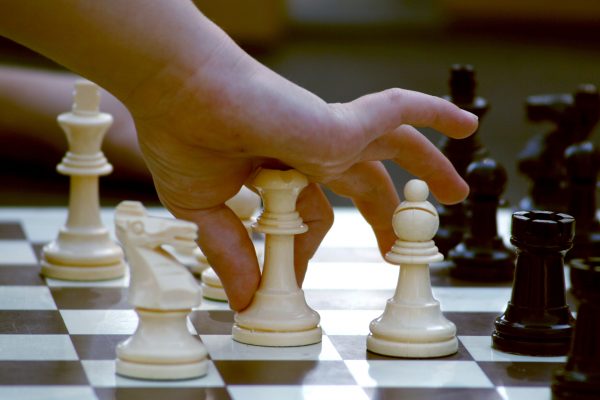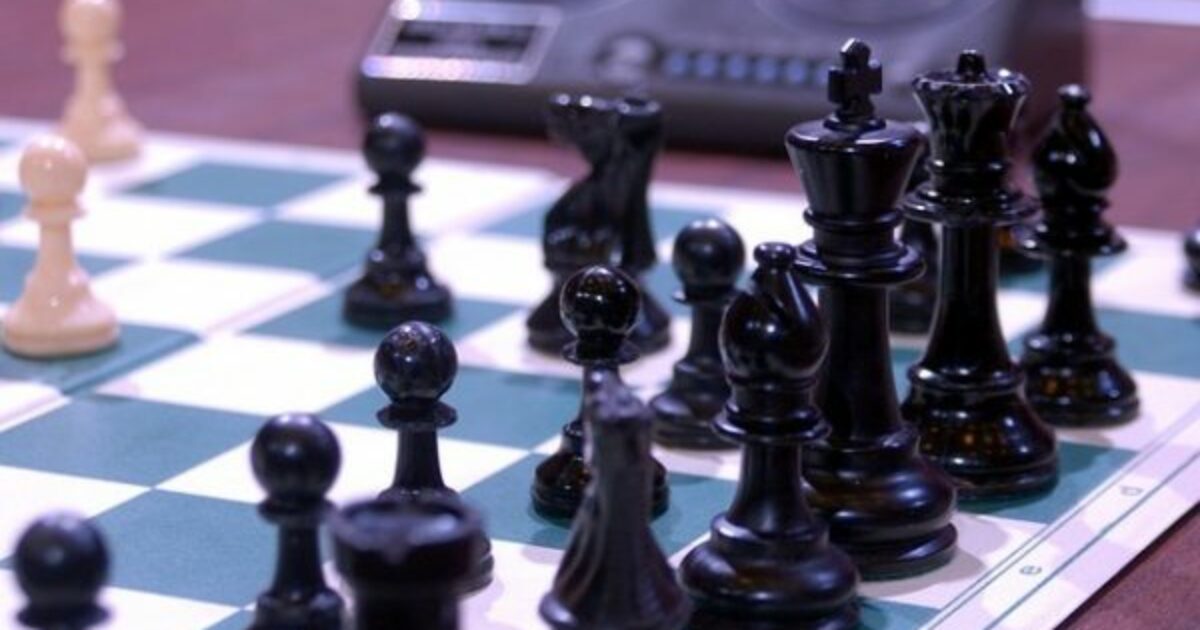All the King’s Men
By S M Chen
“Life is like a canvas. One should throw as much color on it as possible.” –Danny Kaye (1911-1987) – American actor, singer, comedian
It’s wonderful to see how colorful life is for my 6-year-old grandson.
For a time, he took martial arts and gym class. I bought him a tennis racquet and he’s tried his hand at golf. He takes piano lessons.
Not long ago, he emptied the 5-gallon plastic water bottle containing carefully collected coins and bought his own acoustic guitar. He’s added guitar lessons to those of keyboard.
It pleases me that his parents do not pressure him in any particular direction. About the only thing his mother insists is that he learn keyboard.
As years pass and his understanding increases, I think he will appreciate the wisdom of that decision.
Now is the time to sift, to discover. To decide which things he likes, which he doesn’t. What he has an affinity for. He will likely enjoy those things he is good at.
Although his thumbs are a thing of wonder as they dance over the glass surface of a cell phone or iPad, he has yet to declare handedness. He seems to write better with his right hand, but some functions seem more natural for his left. He will try each hand at something and choose the one that feels the most comfortable. The jury is still out, but will likely reconvene soon.
***
As one extracurricular activity, he takes chess.

Chess is a wonderful game that’s been around for 1500 years. Incredibly complex, it has almost infinite possibilities. It has been estimated that, after four moves apiece by each player, over 288 billion potential configurations exist.
The CBC news program 60 Minutes aired a recent segment on how the game has affected the lives of some in rural Franklin County, Mississippi. A chess teacher who did well by students in Memphis signed a contract to teach chess to Mississippi students. He has both brought an element of victory and opened doors to what is possible for both students and parents.
Who knew a future chess champion might come from such a place where, as one native described it: “All the statistics, everything you look at, Mississippi is the poorest. It’s the dumbest. It’s the fattest. We know that the rest of the nation has that conception of us.” He did not protest that the conception was in error.
This reminiscent of an earlier time, when someone once inquired, ‘Can anything good come out of Nazareth?’
***
I encourage grandson in chess, because it is a game where thinking (including ahead) is required. It is a game of pure skill, regarding one’s own moves as well as those of the opponent.
But I simultaneously want him to be generous and bighearted, like the boy protagonist of Searching For Bobby Fischer, a sweet film. I would like him to learn to be gracious in both victory and defeat.
Bobby Fischer was a legendary American chess grandmaster, considered by some to be the best of all time. Different in some ways, he could be difficult. His prowess at the game was such that he brought pride to his country and controversy to his own life.
Could Fischer have beaten Deep Blue, the IBM computer that in 1997 bested Russian Garry Kasparov, reigning world chess champion? One can only speculate.
***
One constant in chess tournaments is the clock. Moves are timed. I don’t have a timer, but grandson came up with one of his own, using an unexpected device.
One currently popular toy is the fidget spinner. They come in all colors and have, I suspect, made their inventor very happy.

Grandson has a number of these. He has put one to good use. When it is a given player’s turn, grandson spins the spinner. The player must move by the time the spinner stops spinning.
When a spun spinner is held in hand and tilted slightly, the operator can feel the force of resistance, akin to gyroscopic precession. I think it good for grandson to experience that which he cannot see but otherwise senses.
Some spiritual matters are like that.
***
Grandson has learned the relative value of playing pieces. For instance, assigning a pawn the lowest common denominator and value of 1, a bishop or knight is worth 3 pawns, or 3. A rook/castle is worth 5. A queen is worth 9. Grandson uses this relative value scale to determine when and which pieces to sacrifice or put at risk of capture.
But a pawn is potentially worth considerably more than 1. If any of the 8 pawns that a player starts with reaches the other side of the 8 x 8 board, it can become a queen, which has any number of moves in any direction. It combines the best of both bishop and rook/castle, but its value slightly exceeds the sum of value of the other two.
Perhaps usual proximity to the King is worth something.
***
Humans similarly establish value, but tend to base it on appearance, fame, wealth, education, breeding, skin color, and other superficials. Many of these qualities are fleeting or only skin deep and will fade with time. This relates to the recent series of 8 articles posted at Adventist Today by Cleran Hollancid on racism. Humans are not prejudiced or racist from birth. It is an acquired, learned behavior. Babies play with one another regardless of skin color.
What a person carries with them beyond the grave may be none of the above.
The Almighty sees deeper, past the epidermis and deeper tissues, to the core of being, to the soul.
It is as if He regards all humans as potential queens, worth the maximum. He considers potential as well as reality.
***
In the Declaration of Independence, Thomas Jefferson wrote: “All men are created equal.”
But then there was George Orwell’s modification in Animal Farm: “All animals are created equal, but some are more equal than others.”
My understanding of the hereafter is it is not a place of the comparative, but the declarative and superlative, consistent with the French motto: “Liberté, egalité. fraternité.”
***
When, like Humpty Dumpty, we fall off the wall and break, and cannot be put back together by all the king’s men, let us not despair.
“Is anything too hard for the Lord?”
Repair is on the way.
 S M Chen lives and writes in California.
S M Chen lives and writes in California.




